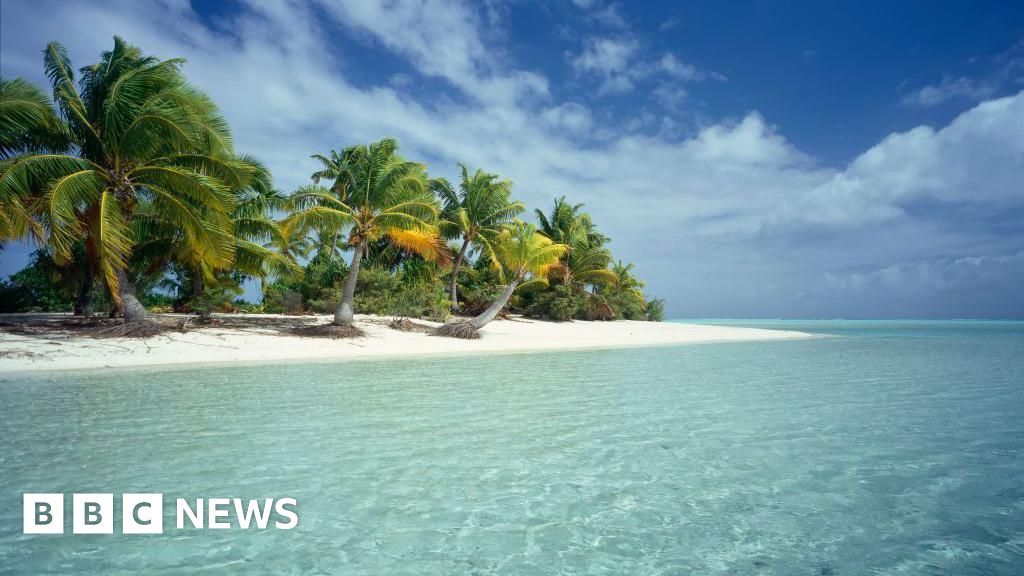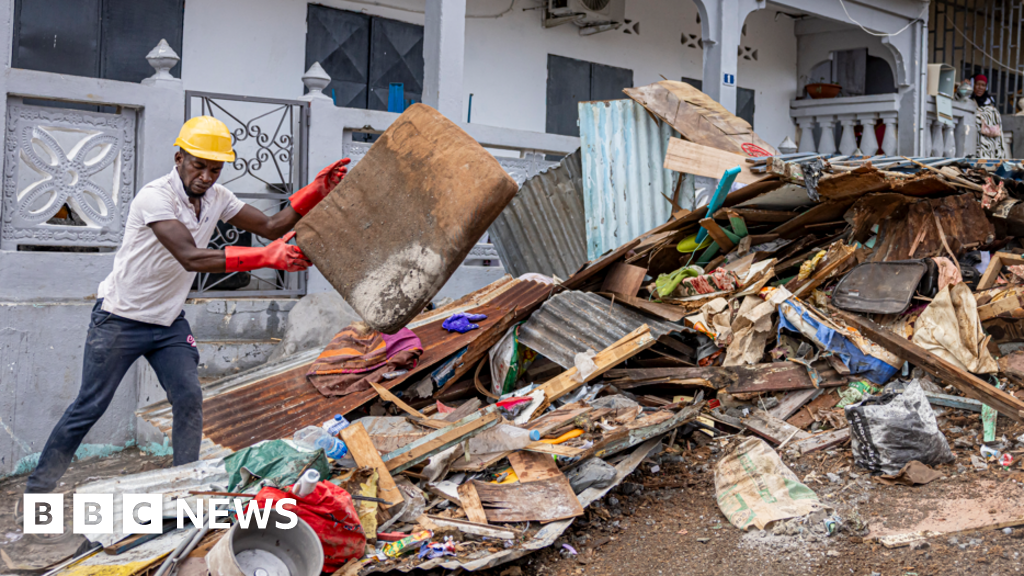
One of Spain's most popular islands is facing the terrifying prospect of running out of water. (Image: Getty)
As it battles through one of the worst droughts in living memory, a major Canary Island has had its emergency status extended as its farming industry is at serious risk.
The Tenerife government has announced the extension of the island’s water emergency status until February 28, 2025, following the decision made by a meeting of the “Drought Committee” held on Wednesday. The measure aims to ensure the continuation of urgent works to secure water flow to the agricultural sector.
Rosa Dávila, President of the Tenerife Cabildo, confirmed that an additional three million euros (nearly £2.5 million) would be allocated for the island’s water infrastructure plan, bringing the total investment to a staggering 13.5 million euros (£11.2 million).
Of the 75 measures outlined in the emergency declaration, one measure has come as a major blow to tourists as hotels and holiday accommodation owners will have to pay more for their water supplies - extra costs that will be passed on to holidaymakers.

The water emergency was first declared in March after one of the driest winters on record. (Image: Getty)
The additional funds will primarily be for the six wastewater treatment facilities in the eastern, western and southern regions of the island - projects which have been deemed as crucial in addressing the ongoing crisis.
Dávila noted that nearly all of the 75 measures have been implemented, with the exception of water usage restrictions, which have not been deemed necessary - yet.
However, she emphasised that the situation remains "critical" due to insufficient rainfall, leaving no choice but to extend the emergency to secure water resources for agriculture.
“We cannot wait for rain," Dávila explained. "The current water flow is still inadequate and unlikely to improve. The decree ensures we can provide sufficient water for farming."
The water emergency was first declared on the island after government intervention in March this year, after one of the driest winters on record and the island’s warmest February since 1961. In recent years, rainfall has decreased by between 15% and 40%, while water evaporation has increased by 10% and 25% due to higher temperatures.
Politicians pointed the finger at tourism as one of the driving factors of the issue - with a five-star hotel consuming 400 litres of water per client, per day, which is up to four times more than a resident.

Fasnia's town council prohibited the filling of swimming pools and showers on beaches using drinking water. (Image: Getty)
Invalid email
We use your sign-up to provide content in ways you've consented to and to improve our understanding of you. This may include adverts from us and 3rd parties based on our understanding. You can unsubscribe at any time. Read our Privacy Policy
Last year, the Canary Islands recorded the second best year in terms of visitors, with more than 14 million people coming to experience what the archipelago off the coast of western Africa has to offer. Tenerife received 5.6 million tourists despite a population of just under one million people - and the predictions are that tourism will continue to surge.
In March, Mayor Luis Javier González of Fasnia took aim at tourism, warning: "If we continue to bet on the massive arrival of tourism and the scarcity of water resources is maintained, the situation will be more complex".
He added that "water is being diverted to the south because there is more consumption there due to the presence of tourists".
Fasnia’s town council subsequently became the first authority to announce restrictions such as prohibiting the use of drinking water for the irrigation of farms and filling tanks, ponds or reservoirs. In a move that came as a major blow to tourists who jetted off to the island over the summer, this measure also prohibited the filling of swimming pools, cleaning façades of houses and showers on the beaches.
Regarding the additional water costs for tourists, Blanca Pérez, the Minister of Natural Environment said: “We must make an effort to ensure that our main economic industry has the water it needs, but pays the appropriate price”.

 1 month ago
11
1 month ago
11










 English (US) ·
English (US) ·